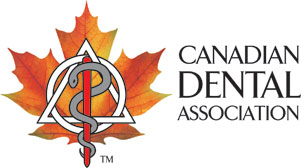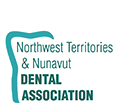The Canadian Dental Association is concerned about the high levels of sugar used as sweeteners in both prescription and over-the-counter drugs. The sugar content of the formulations ranges from 20% to 80%.
Patients particularly at risk include those with special needs and individuals on long-term medications. The presence in the mouth of sweet syrupy medications can contribute to high rates of dental caries (such as those seen in early childhood caries and root decay). There are sugar substitutes that do not contribute to dental caries.
The Canadian Dental Association' recommends that:
- Health care providers, especially physicians, dentists and pharmacists, be made aware of the high sugar content of oral elixirs, suspensions and chewable medications and should be advised to try to prescribe/dispense drugs utilizing sugar substitutes whenever possible.
- The pharmaceutical industry be aware of the high risk of decay associated with prescription and over-the-counter drugs containing sugar and should be encouraged to employ sugar substitutes in medications.
- Special needs patients and/or parents/caregivers of children be advised of the increased risk of tooth decay associated with the chronic use of sugar-sweetened medications. They should also be counseled regarding oral hygiene and other preventive measures.
- Labeling of medication indicate sugar content to assist the choice of alternatives. High sugar content medications such as oral elixirs, suspensions and chewable medications should include warnings regarding the increased risk of dental caries from chronic use on labels or/and in drug monographs.
CDA Board of Directors
Approved: February 2005
Revised: July 2012











